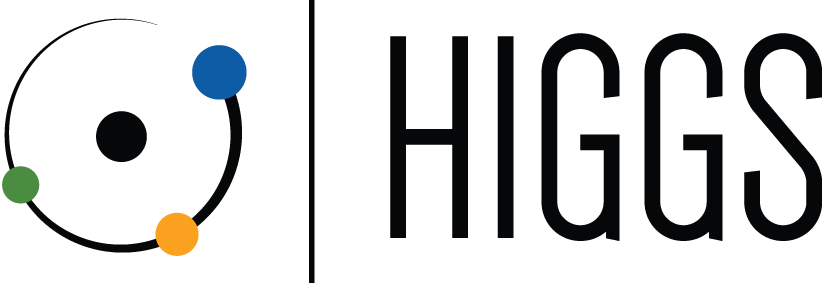By Higgs
The Stavros Niarchos Foundation (SNF) is one of the world’s leading private, international philanthropic organizations, making grants in the areas of arts and culture, education, health and sports, and social welfare.
Ms. Eva Polyzogopoulou, Co-Deputy Chief Programs Officer at Stavros Niarchos Foundation answers our questions concerning grants to Non-Profit Organizations.
1. What advice would you give to an organization applying for a grant at the Stavros Niarchos Foundation?
The Stavros Niarchos Foundation (SNF) receives and evaluates applications exclusively from non-profit organizations throughout the year. When evaluating requests, we put emphasis on the principles with which the applicant organization operates, such as honesty and transparency, as well as the dedication to their work shown by the organization’s management and staff. Secondly, we try to evaluate the proposal, its impact and its benefits to the society, any innovation elements it may contain and its sustainability. The organizations who wish to apply for a grant must submit the grant request electronically by completing the relevant form available under the Application Form category on our website.
2. When making a grant to an NGO, is your contribution limited to financial support or do you also offer general support to the project? If so, can you please give us some examples?
The SNF is a grant-making organization only and does not intervene in the activities of the organization or in the way a funding is used. However in cases the Foundation believes that there is a social need and decides to cooperate with an NGO in order to meet this need, they work together on the implementation plan. During this process both sides are invited to exchange ideas for a common goal and learn from it. Such an example was HIGGS which was founded to meet the training needs of Greek NGOs. Nevertheless, the ISN is always available for NGOs who need its help.
3. Do you offer the total grant in the beginning, in the end, or in installments?
The grant is allocated according to its size, the needs of the project, and its timetable. In other words, it is provided in installments or at the end of the project. Usually, grants are given to an organization once a part of the project or the entire project has been completed.
4. Which ones do you think are the main training needs of Greek NGOs nowadays?
From our experience, NGOs in Greece vary in size and have a wide range of services and experience. Depending on the characteristics of each one, their training needs may differ. For example, organizations associated with a large international organization (such as WWF Hellas, Greenpeace Greece, Médecins Sans Frontières and others) are usually required to follow specific procedures and practices, allowing them to be trained in a tested model of operation. However, the majority of NGOs in the country have been founded by an individual or a group of people who try to cope with a social need, even when the founding members of the organization have no in-depth knowledge of organizing and expanding an NGO. Taking also into account that non-profit organizations are often not an attractive workplace for young people and that there is no education provided in the universities on this sector, many organizations are unable to acquire the necessary skills in order to develop their services and ensure their sustainability.
All the aforementioned, combined with the socio-economic crisis, have led to the need for NGOs capacity building in management issues (legal, accounting), funding resources, human resources management, communication (marketing, use of social media) and the development of innovative programs and services.
5. The first step for the evaluation of a request for grants to your Foundation is the application through your online form. Could you please inform us about the next steps of this process?
Once an organization submits a request electronically, its assessment process is officially launched. Within about 15 days, a representative of the SNF grants management department communicates by phone with the organization’s representative,(the details of which are referenced in the application), in order to collect some more information on the request and the applicant organization. If we believe that the applicant organization is in a position to implement the project, a list of necessary documents is requested to be submitted within 15 working days. Once we receive the documents, we proceed to further evaluation, and we request further information if it is needed while, at the same time, a financial audit is carried out. If the information collected so far is evaluated positively then the grant coordinator submits the relevant proposal for approval to the Board of Directors of the SNF. The duration of all the aforementioned procedures usually does not exceed 3 months. Once approved, we proceed with the grant allocation.
Please visit the website of Stavros Niarchos Foundation here.
We are very grateful to Ms. Polyzogopoulou and the Stavros Niarchos Foundation for this interview.

